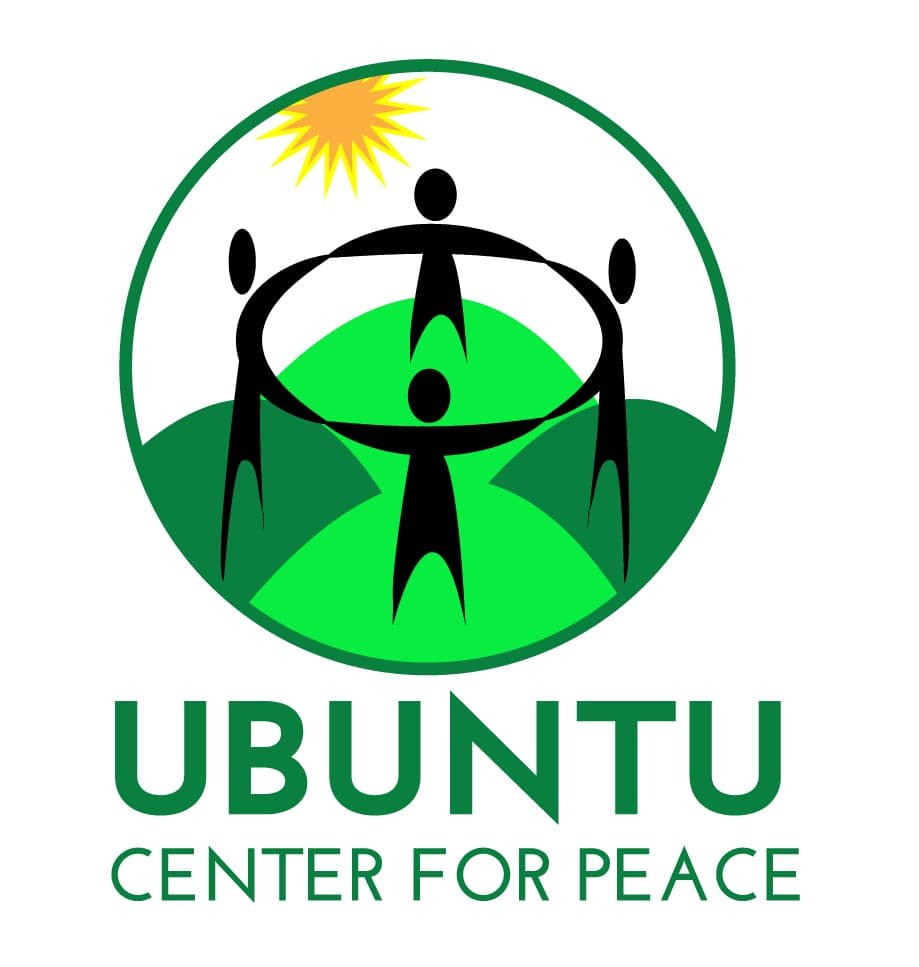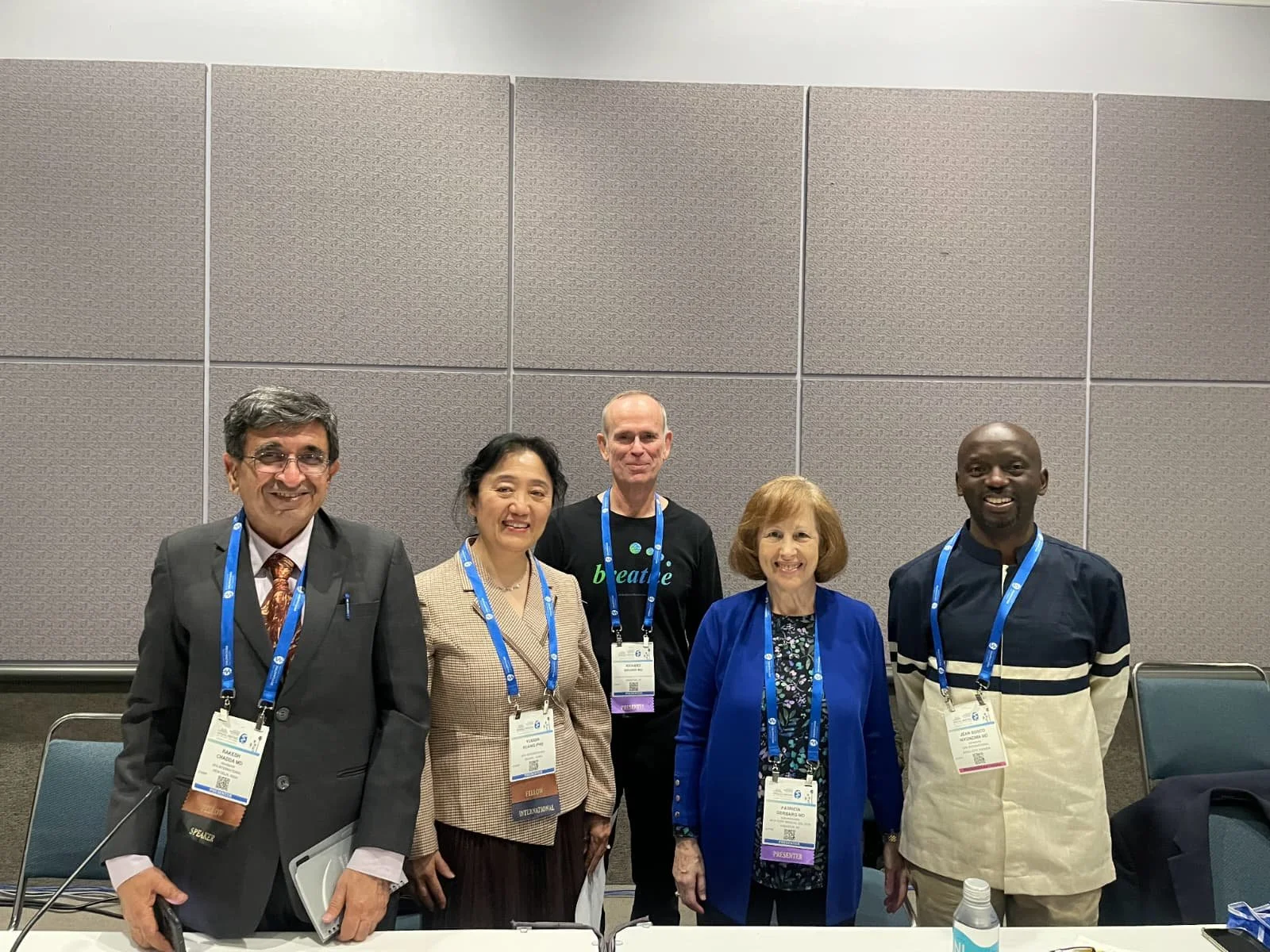Taking Ubuntu Healing to the World Stage
Taking Ubuntu Healing to the World Stage
In May, our Executive Director, Dr. Jean Bosco Niyonzima, presented the results of our Randomized Controlled Trial at two prestigious forums—the Boston International Trauma Conference hosted by the Trauma Research Foundation and the American Psychiatric Association Annual Summit in Los Angeles. Audiences were deeply moved to learn that Ubuntu—measured through humanness, compassion, and interconnectedness—can be a powerful mechanism for improving mental health, going beyond conventional measures of PTSD, depression, anxiety, and somatic symptoms. These conversations also opened doors for potential partnerships to bring our community-based social healing model to U.S. communities.
In June, at the Global Hearth Summit in Ljubljana, Slovenia, Dr. Niyonzima shared how healing is not an individual journey but a relational one. “When trauma isolates and breaks our sense of worth, Ubuntu restores it through shared presence, shared witnessing, and shared care,” he reflected.
He also told Joseph’s moving story—a 47-year-old father who, after serving 22 years in prison for genocide-related crimes, carried unbearable guilt and isolation until joining an Ubuntu healing circle. “I thought I deserved to be brought into the public and shot dead,” Joseph confessed. After a 15-week healing journey, he testified, “I feel free. I feel human again. I can express my emotions and be heard without judgment.”
Dr. Niyonzima emphasized that Ubuntu is more than a philosophy—it is both a way of life and a call to action, moving us from me to we, from trauma to transformation, from survival to solidarity. As the Summit affirmed, systems change begins with inner wellbeing. At the Ubuntu Center for Peace, we remain committed to investing in culturally rooted, accessible mental health care for those most often left behind—while inviting global partners to join us in advancing healing as a collective path forward.


